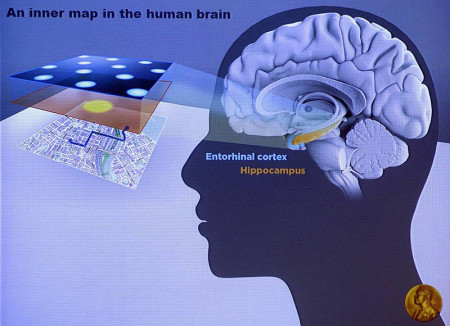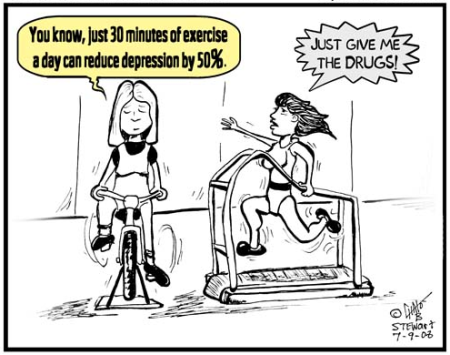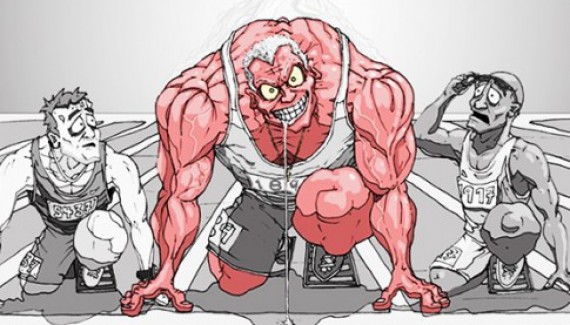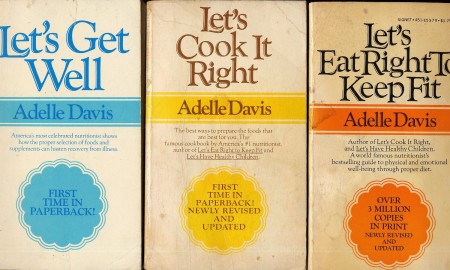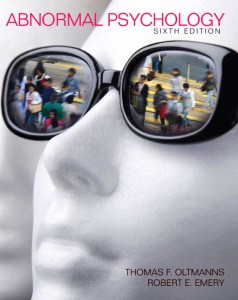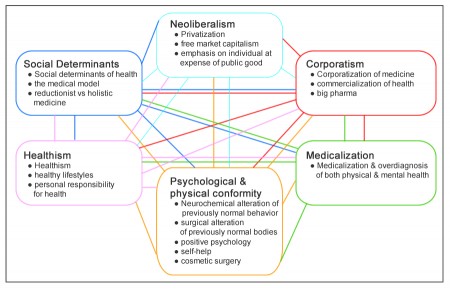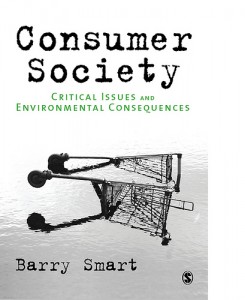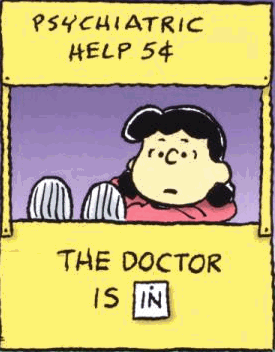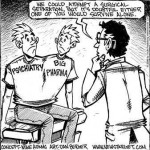I always thought the main function of the hippocampus was to convert short-term memory into long-term memory. It’s one of the first regions of the brain damaged by Alzheimer’s. If your spouse can’t remember something you discussed 20 minutes ago, you start to worry.
The hippocampus also plays an important role in spatial memory and navigation. That’s why you unfortunately hear of Alzheimer’s patients wandering away from home and not being able to find their way back.
A recent JAMA article, Nobel Prize Winners’ Research Relates to Brain Function and Neurodegenerative Diseases, describes the hippocamcus as our inner GPS. Place cells in the hippocampus (discovered in the 1970s) are associated with locations (even if you’re just thinking about a location), and grid cells (discovered in 2005) create triangular grids that function as a positioning system in space.
Together, place and grid cells allow animals to determine their position and to navigate through their surroundings much like an inner GPS.

